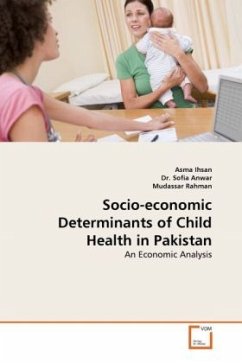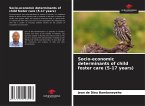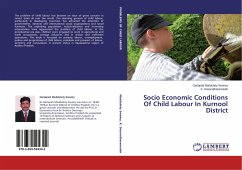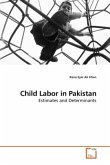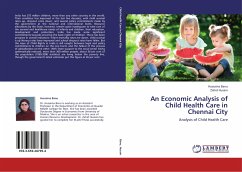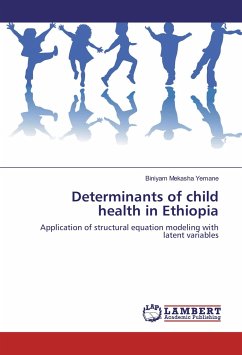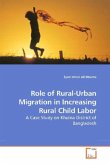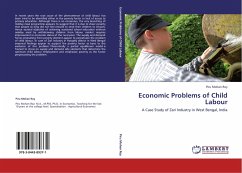Research concern in demography has focused mainly on socioeconomic effects of population dynamics such as its size and rate of growth with its two major indicators i.e. birth rate & death rate. This book presents a research study, which critically examines socio-economic and demographic factors influencing child health with specific emphasis on parental education and their utilization of health facilities. Data from the Pakistan Demographic and Health Survey 2006-07 was utilized, consisting of all urban and rural areas of the four provinces in Pakistan. A Logistic Regression Model was employed, first at the country level in a combined form and then for rural and urban sectors of the country, individually. It was found that health of child depends directly or indirectly on the parental years of schooling, which developed a trend towards health seeking behavior, and trimmed down the risk of death after birth and sickness in their child. The outcomes of this study should be especially useful to governmental and non-governmental organizations, policy makers, medical professionals, parents and all stakeholders in the child health sector.
Bitte wählen Sie Ihr Anliegen aus.
Rechnungen
Retourenschein anfordern
Bestellstatus
Storno

